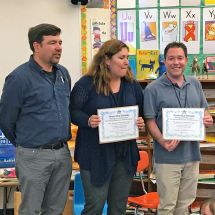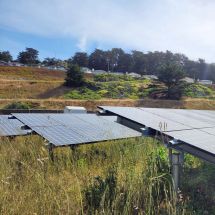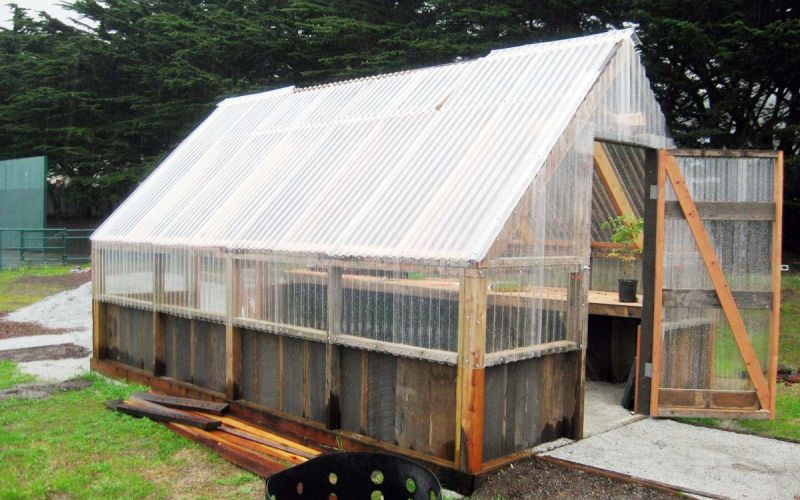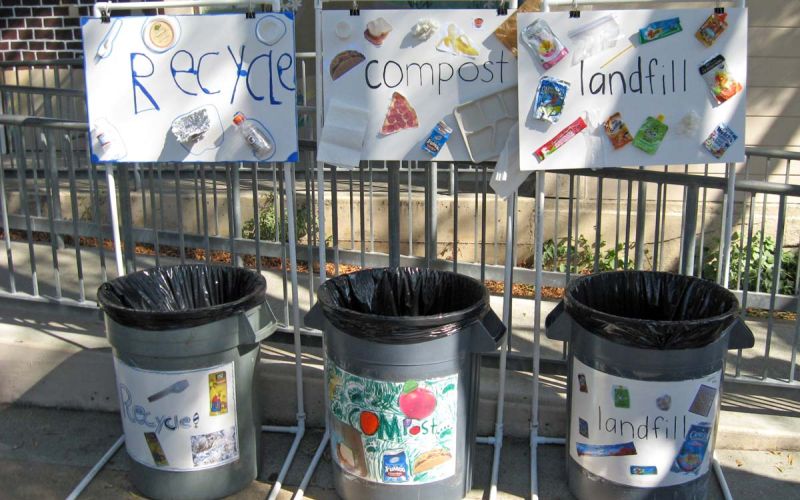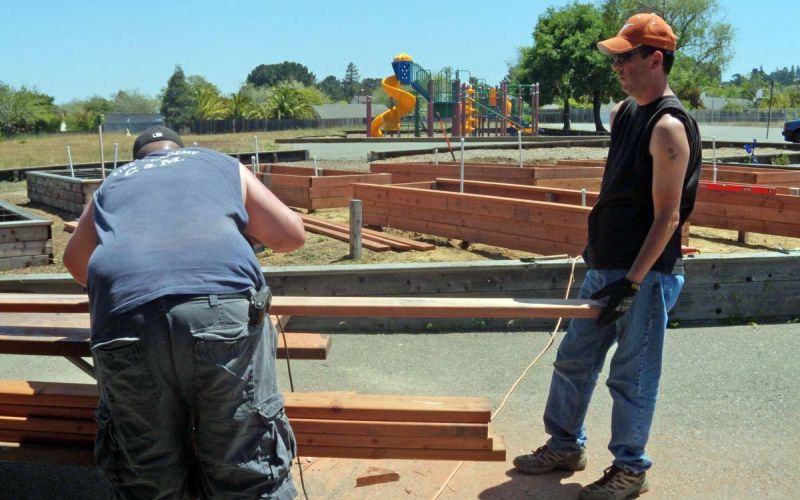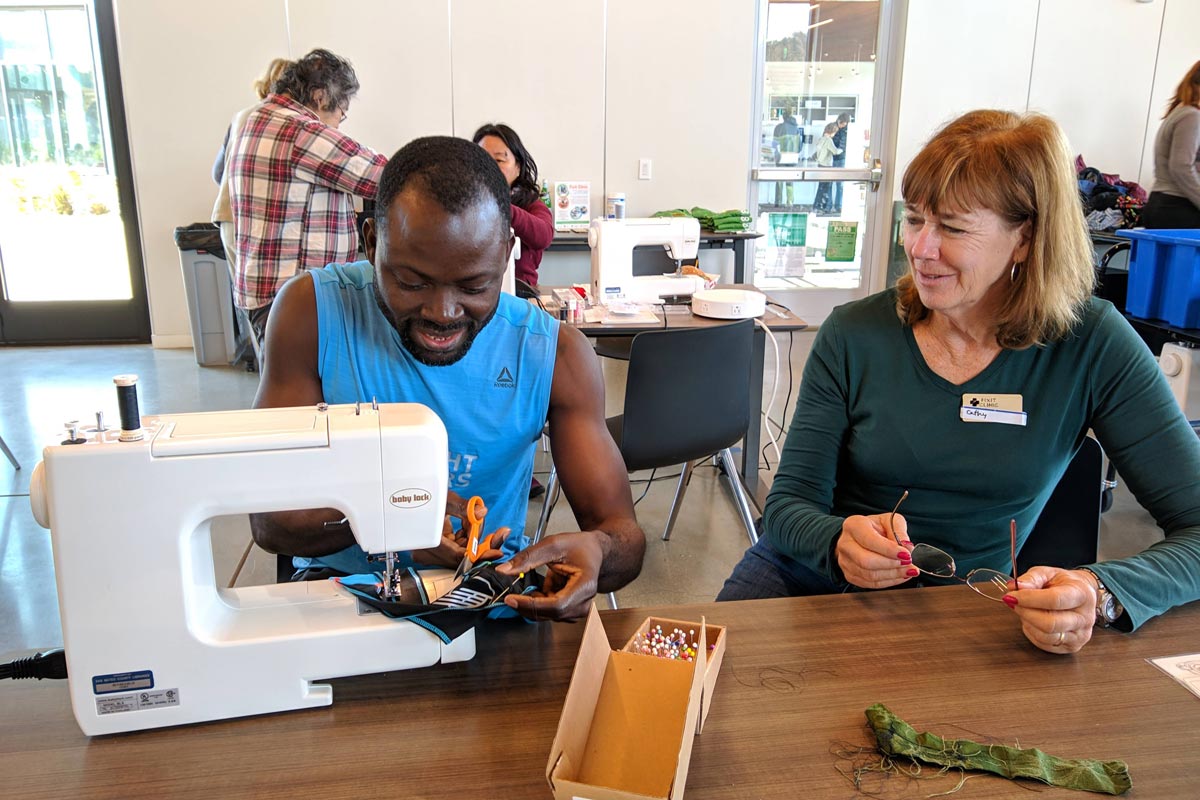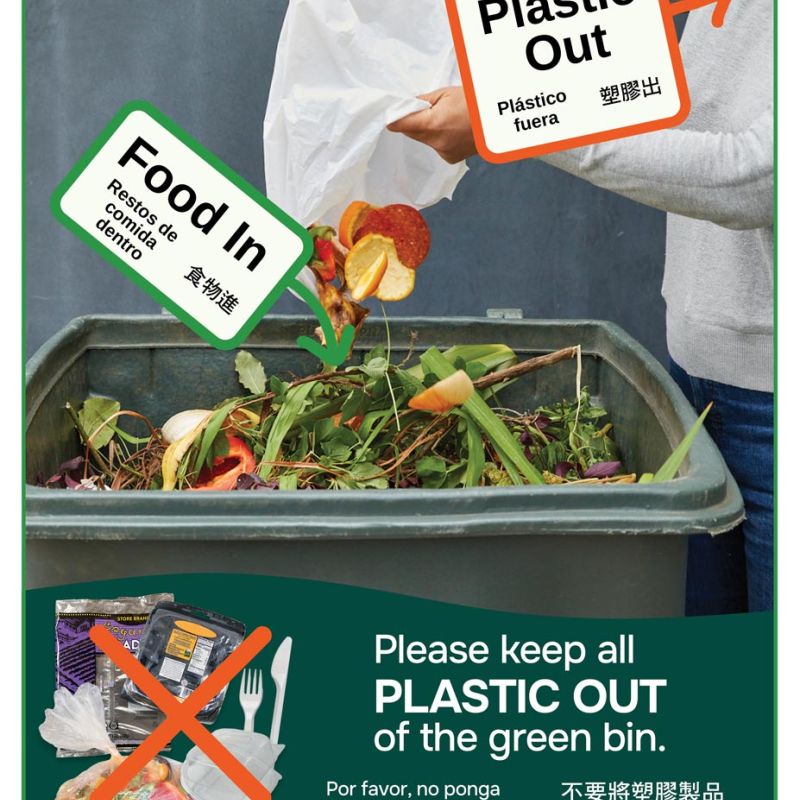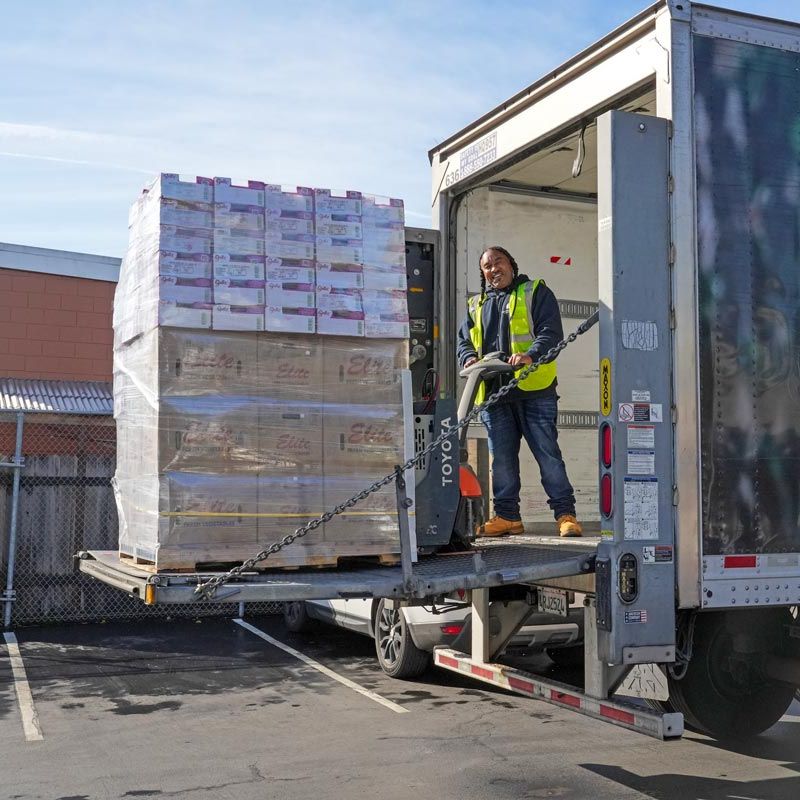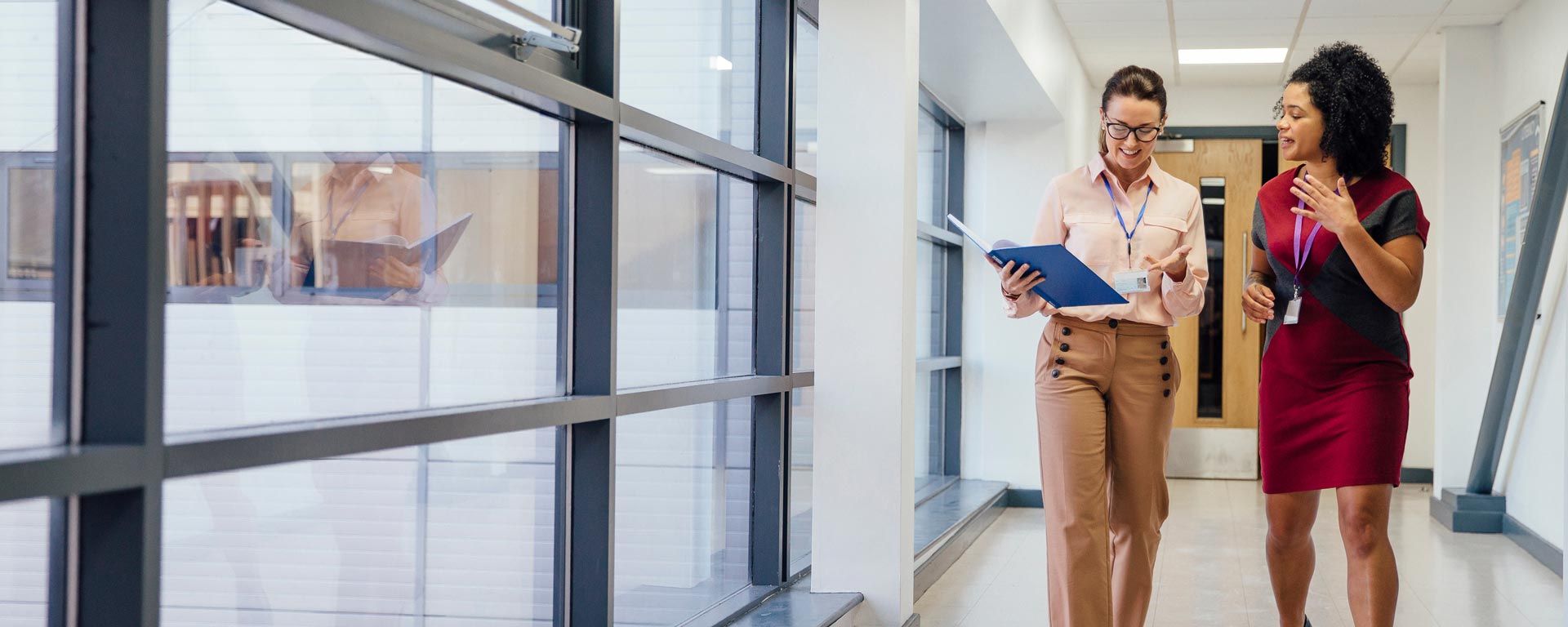
youth and schools to take action.
Administrators
The Sustainability Department has programs and resources to help school administrators and facility managers reduce a school or district’s carbon footprint and create campuses that supports sustainability practices for all.
Programs for School Administrators and Facility Managers
Implement creative solutions to increase the sustainability and resiliency of schools.
Green Star Schools
Turn classroom learning into measurable actions for engaged students and a cleaner environment. Get certified through the Green Star Schools program.
Energy & Electrification
Reducing the use of energy in your facilities can lower your operating costs and create more comfortable spaces for students. Learn more about energy efficiency programs and rebates available to you
Sustainable Pathways
The Sustainability Department and its governmental partner organizations have various programs that can assist you with improving your campus facility via direct guidance, training, equipment and materials, networking with stakeholders, connecting with grant programs or low cost loan programs. Additionally, some of these programs are asking help from you to provide us with information to assist the communities that surround your schools.
To learn about these programs and how they can help your school, district, and community please click on each pathway below. For example, if you would like free signage for your school’s recycling and compost bins click on Zero Waste.
For details on how to receive guidance for accessing upcoming AB 841 funding for updating your school ventilation/HVAC systems to reduce indoor air pollution and create a healthier environment for students, reach out to energy@smcgov.org.
Contact the San Mateo County Energy Watch Program to learn about the following:
- Receive help identifying opportunities to save energy, including benchmarking energy use and scoping energy efficiency and energy management projects.
- Receive help applying for 0% interest financing for energy efficiency projects, up to $4 million per school.
- Participate in a public-sector facilities working group to share best practices and learn from industry experts about energy management.
Connect with Peninsula Clean Energy to get free technical design assistance for all-electric buildings.
Reach out to the Regionally Integrated Climate Action Planning Suite (RICAPS) Program to learn how you and your staff can participate in a monthly sustainability working group to learn how to develop a climate action plan and/or implement projects that reduce greenhouse gas emissions at your district and school(s).
Contact the Safe Routes to Schools Program to learn about the following:
- Install bike fix-it stations on campuses.
- Set up a bike fix-it station for your classroom or school.
- Contribute commute data from your school community to initiate improvements for walking and biking to your school.
Contact the Bay Area Supply & Conservation Agency (BAWSCA) to learn if your school or district is part of their service area. If so, your school or district may be able to receive rebates on rain barrels, irrigation equipment, and lawn alternatives.
Make a difference in your surrounding community by participating in the Stormwater Program. They need help with the following:
- Identifying sites on campus to install green infrastructure projects to reduce nuisance flooding.
- Providing data on storm drains located on or nearby school campuses to help prevent run-off pollution.
- Participating in stormwater pollution prevention grant programs.
Get in touch with the community garden initiative to establish or improve school gardens and outdoor classrooms.
If your school is in Unincorporated San Mateo County, staff running the Community Climate Action Plan would like you to participate in meetings to discuss how we can work together to increase climate action at your school and in the surrounding community.
Reach out to our Schools Program at sustainability@smcgov.org for the following free services and resources:
- Technical support/waste assessments, stakeholder meeting facilitations, and custodial trainings to improve your campus waste reduction programs.
- Signage for labeling recycling, compost, and landfill bins on campus.
- Schoolwide assemblies to motivate students to reduce waste on campus and in their neighborhoods.
- Coaching to achieve a “Green Star Schools” campus-wide certification in the waste reduction pathway. Other possible future pathways include energy, water, and green schoolyards.
Contact the Foodware Aware Program to receive advice and assistance with replacing single-use foodware with reusable foodware for on-site food operations at your school or district. This can save your instituion money and reduce waste.
Check out the Food Share Table Program to reduce food waste at your school and provide food to others who may need it.
If teachers at your school are interested in having free interactive 4R’s and zero waste classroom lessons, please have them contact the Schools Program at sustainability@smcgov.org.
If you know any high school student leaders who are interested in working with school staff to implement waste reduction projects on your campus please connect them with the Youth Climate Ambassadors (YCA) Program.
Contact the Community Garden Initiative to learn about their resources to help you establish or improve a school garden.
Check out the Food Share Table Program to reduce food waste at your school and provide food to others who may need it.
Connect with Peninsula Clean Energy to get free technical design assistance for all-electric buildings.
Contact the Bay Area Supply & Conservation Agency (BAWSCA) to learn if your school or district is part of their service area. If so, your school or district may be able to receive rebates on rain barrels, irrigation equipment, and lawn alternatives.
Reach out to the Stormwater Program. They need help with identifying sites on campus to install green infrastructure projects to reduce nuisance flooding.

